Different Ways to Perform Pull-Ups
Pull-ups are a gold standard for upper body strength, targeting your back, shoulders, and arms while engaging your core. However, sticking to the traditional pull-up can limit your progress and variety in training. Fortunately, several pull-up alternatives not only help you break through plateaus but also target different muscle groups and movement patterns. Let’s explore neutral grip pull-ups, chin-ups, assisted pull-ups, archer pull-ups, and weighted pull-ups.
1. Neutral Grip Pull-Ups
What They Are: Neutral grip pull-ups are performed with your palms facing each other, typically using parallel handles on a pull-up station.
Why They Work: This variation reduces strain on the wrists and shoulders while emphasising the brachialis muscle, which contributes to arm thickness.
How to Perform:
-
Grab the parallel handles with a firm grip.
-
Engage your core and pull yourself upward until your chin clears the bar.
-
Lower yourself with control back to the starting position.
Pro Tip: Keep your shoulders pulled back and down to maintain proper form and avoid shoulder impingement.
2. Chin-Ups
What They Are: Chin-ups are similar to pull-ups but performed with your palms facing toward you (supinated grip).
Why They Work: Chin-ups shift more emphasis to the biceps while still heavily engaging the lats.
How to Perform:
-
Grab the bar with your palms facing you, hands about shoulder-width apart.
-
Pull your chest toward the bar while keeping your elbows close to your body.
-
Lower yourself slowly to complete the rep.
Pro Tip: Focus on squeezing your biceps at the top of the movement for maximum engagement.
3. Assisted Pull-Ups
What They Are: Assisted pull-ups involve using a resistance band or a pull-up machine to reduce the amount of body weight you lift.
Why They Work: They help beginners develop the necessary strength and confidence to perform unassisted pull-ups.
How to Perform:
-
Loop a resistance band around the bar and place your knee or foot into the band.
-
Perform a pull-up as you normally would, using the band for assistance.
Pro Tip: Gradually use lighter resistance bands as your strength improves.
4. Archer Pull-Ups
What They Are: Archer pull-ups are an advanced variation where you shift your weight to one arm while extending the other arm outward.
Why They Work: This variation increases unilateral strength and prepares you for one-arm pull-ups.
How to Perform:
-
Start with a wide grip on the pull-up bar.
-
Pull yourself up toward one hand while extending the opposite arm straight.
-
Alternate sides with each repetition.
Pro Tip: Keep your core tight to maintain balance and control throughout the movement.
5. Weighted Pull-Ups
What They Are: Weighted pull-ups involve adding external weight, such as a dip belt, to your body while performing the exercise.
Why They Work: They build serious strength and muscle mass in the upper body.
How to Perform:
-
Attach a weight plate or kettlebell to a dip belt.
-
Perform a standard pull-up with proper form.
-
Lower yourself slowly and with control.
Pro Tip: Start with light weights and gradually increase as your strength improves.
Incorporating these pull-up alternatives into your workout routine can help you build strength, avoid plateaus, and target different muscle groups. Whether you’re a beginner or an advanced athlete, these variations offer something for everyone. Master these moves and watch your upper body strength soar.

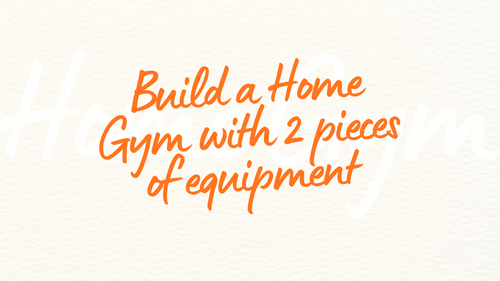

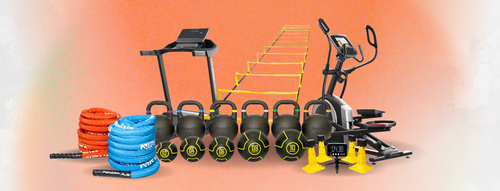
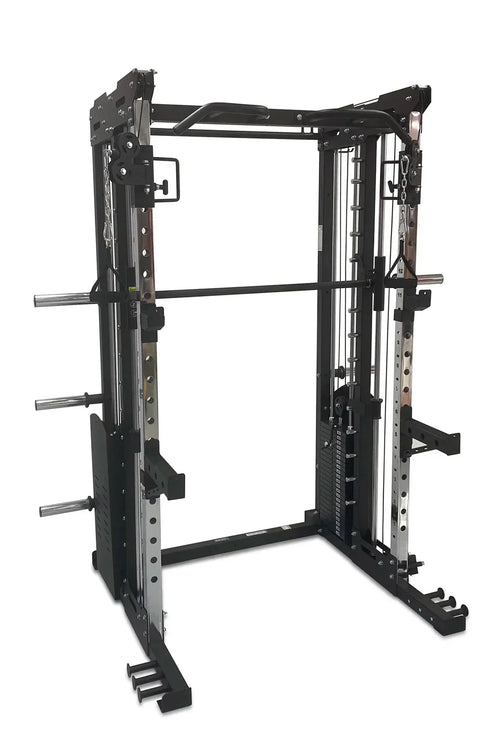
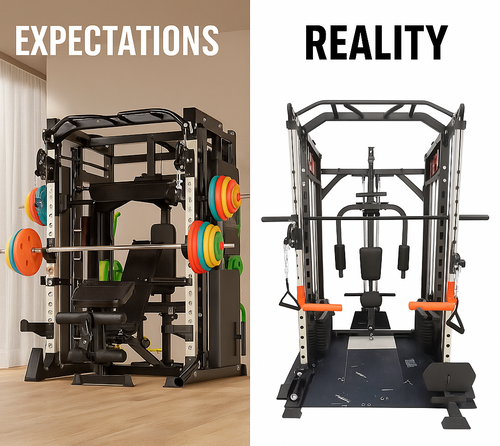
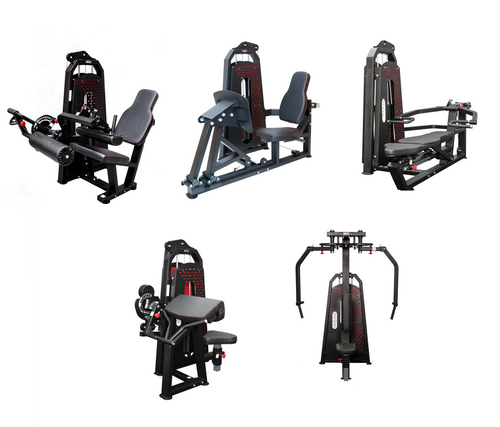
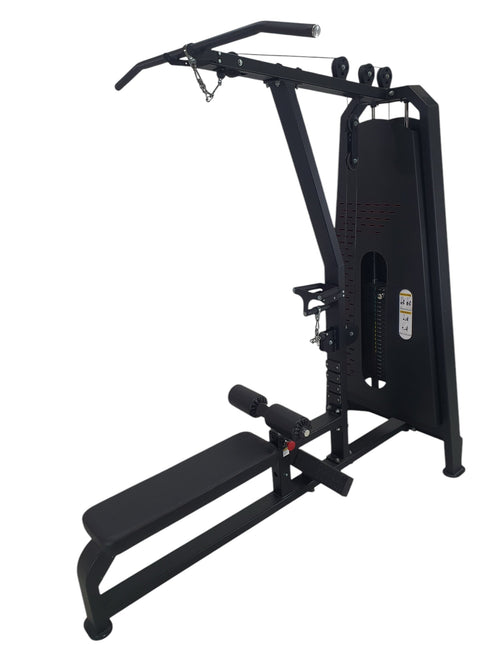
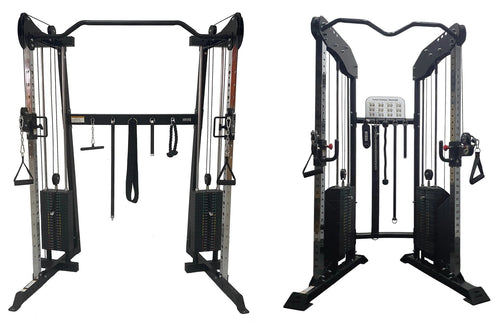

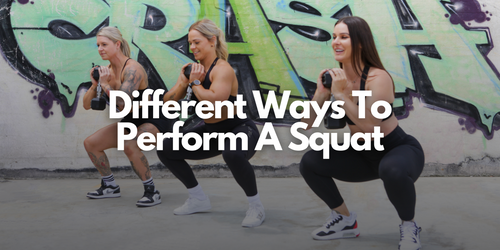


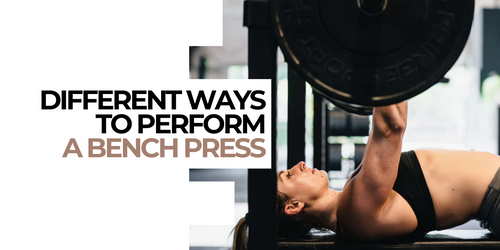
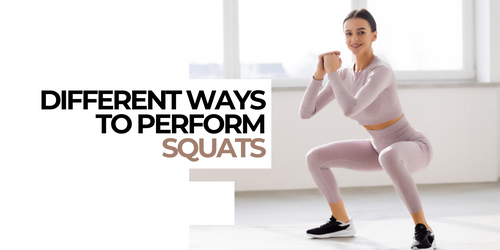

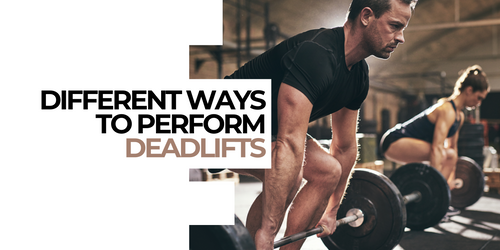

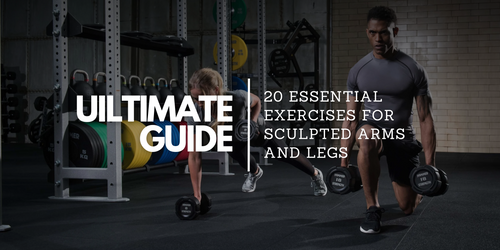




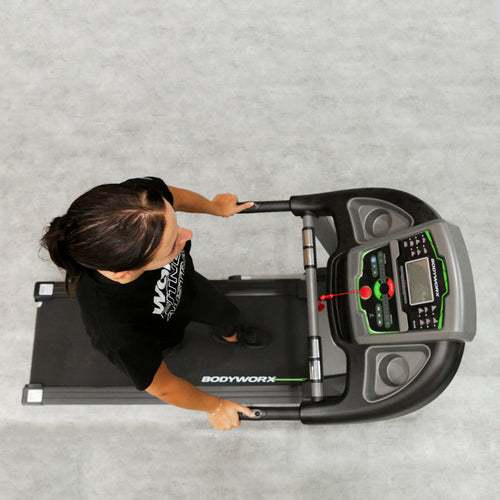
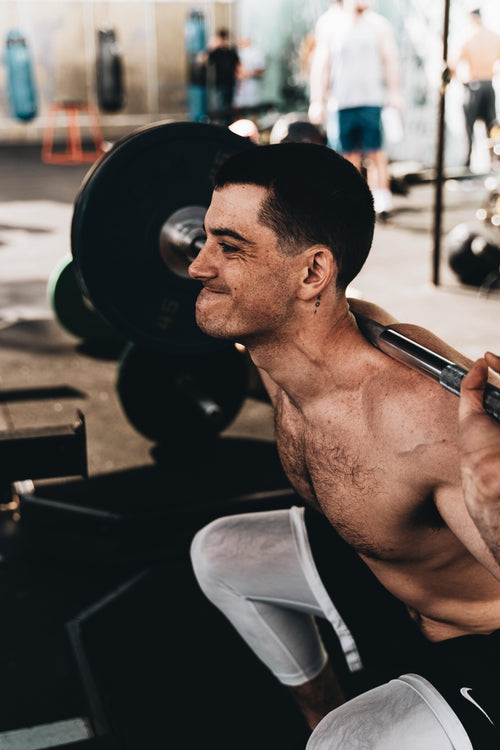


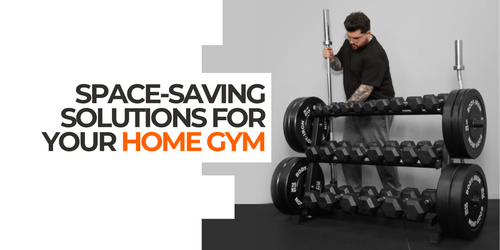
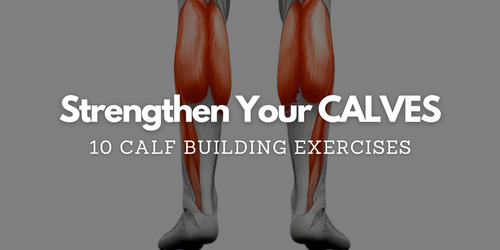

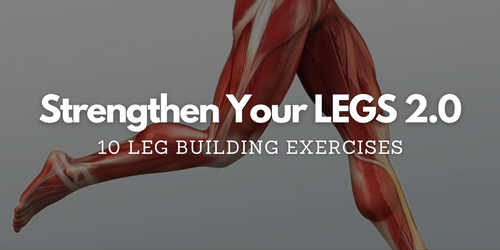
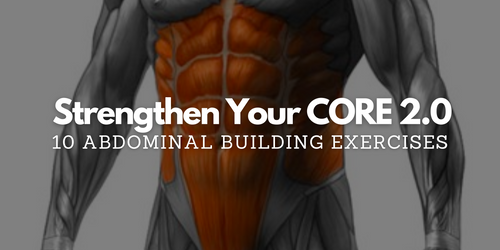

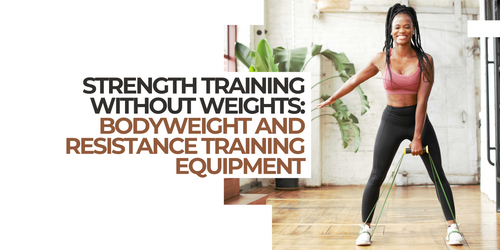
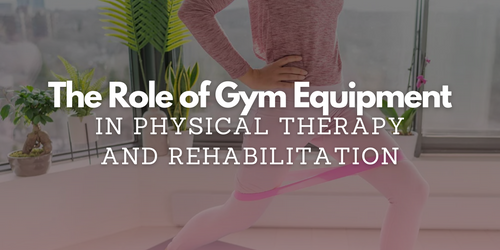
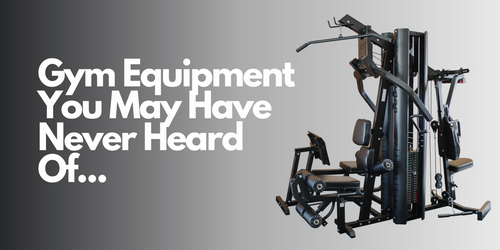
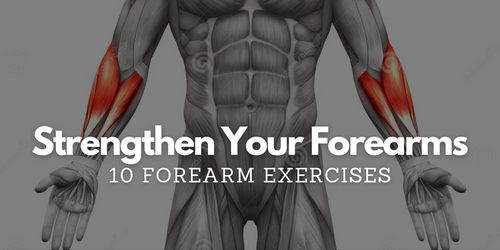

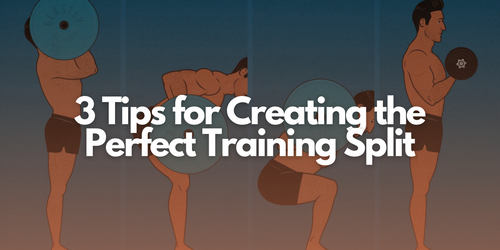


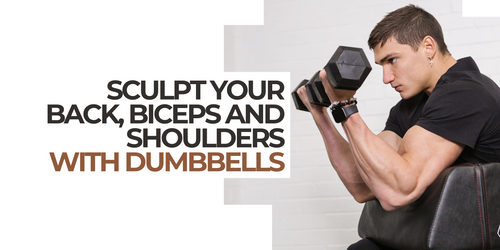

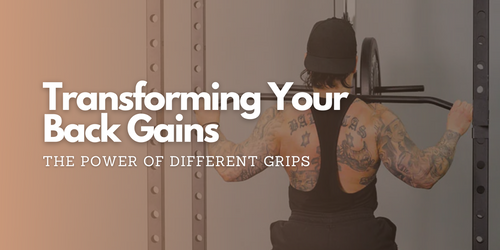
Leave a comment